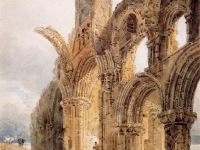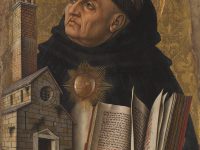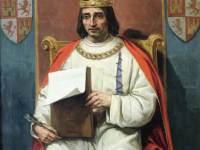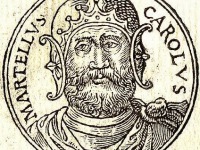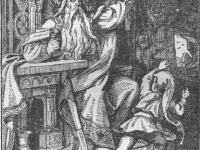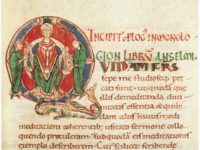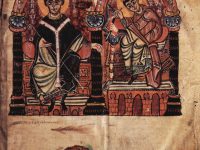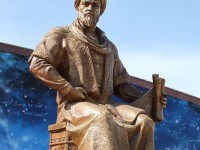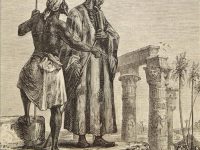The Viking Raid on the Abbey of Lindisfarne
On 8 June, 793 AD, Vikings destroyed the abbey on Lindisfarne, a centre of learning that was famous across the continent. This event also is considered as the beginning of the Viking Age, when Scandinavian Norsemen explored Europe by its seas and rivers for trade, raids and conquest. Recently, this first Viking assault has gained more public interest because of the popular tv series “Vikings” (“Wrath of the Northmen“), in which the…
Read more

